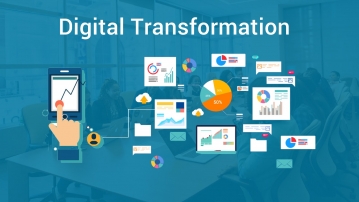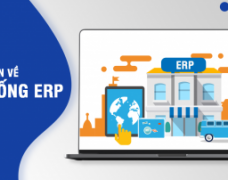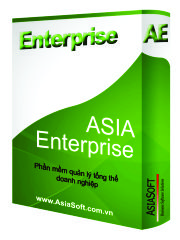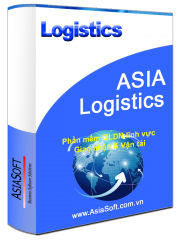 17 May, 2018
17 May, 2018
4 Mistakes to avoid when using ERP_ Part 3: ERP packages
Investing in any full enterprise system is not a simple challenge. Because of its complexity, a large amount of knowledge is required for the operation of your business. In Parts 1 and 2, we discussed some of the dangerous mistakes that can easily occur when implementing an ERP system.
Investing in any full enterprise system is not a simple challenge. Because of its complexity, a large amount of knowledge is required for the operation of your business. In Parts 1 and 2, we discussed some of the dangerous mistakes that can easily occur when implementing an ERP system.
Selecting ERP packages also requires the following NOTES:
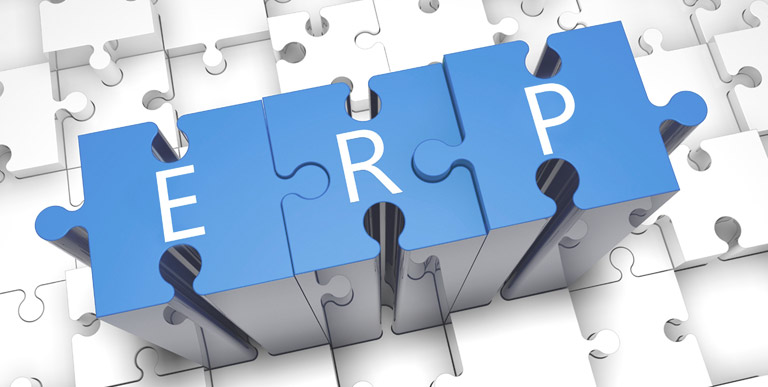
1.Choose an ERP package that doesn’t match
Today’s cloud algorithm service providers often export levels of service to ensure system launch, operation, and maintenance to ensure peak performance. However, many managers today lack the understanding of ERP for their business investment. Therefore, they face many difficulties during ERP implementation.
Specifically, they buy an ERP package that is not suitable or powerful enough to meet the needs and evolving situation of the organization, resulting in a series of errors and vulnerabilities that occur when the system is operational. Problem-based ERP service levels can result in lost profits or unexpected costs.
2.Different types of ERP packages
The first is the theory package, known as knowledge. This package usually provides the theoretical background for business analysis, operating cost calculation, enterprise system research and development path. Because they are theoretical underpinnings, these packages are suitable for beginners_ those new to ERP and those in the process of expanding their business.
The next level is the “core integration package”. These packages include engineering, performing development or operational tasks such as data mapping, platform identification, analytics and migration, enterprise systems integration, pre-launch testing. and quality assurance, support, maintenance, and periodic upgrades. This package is suitable for businesses that already have basic ERP.
Finally, when a stable system is deployed and comes online, advanced service packs are often preferred. These types of ERP packages typically include techniques such as vendor archiving, compliance development, BPO analytics, big data/data analytics, and mobile integration. This package is very suitable for national companies with many branches or subsidiaries around the world thanks to its fast, powerful, real-time information processing.
3.Things to note about each ERP package
During the startup phase, if you’ve looked at a basic “knowledge” package, you’ll notice that the full viability of an ERP system depends entirely on IT capabilities. So if your organization invests in it with limited technical resources, the cost to ensure the smooth operation of the ERP system will eventually surpass the previously estimated cost.
For the intermediate ERP package, the cost will be closely related to the service limit. Once the system matures and develops, expansion becomes essential. Often, these packages need to be continuously expanded to ensure the organization’s ability to adapt to large-scale growth. If scalability has become an issue for mid-tier plans, it’s better to invest in advanced plans. These may include the movement of the operating system from one platform to another, the application of further analysis, or the enhancement of the underlying system by developing specific code. Above all, businesses must start with a clear plan based on multi-year operating schedules and overall technical capabilities. Each stage in the investment process of a cloud ERP system needs to be closely monitored to ensure that it is getting the most out of the investment.

